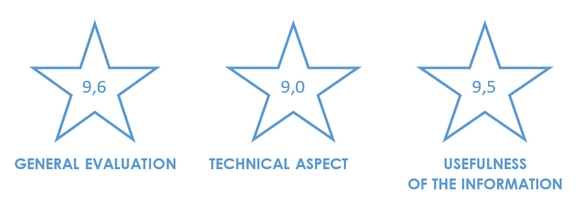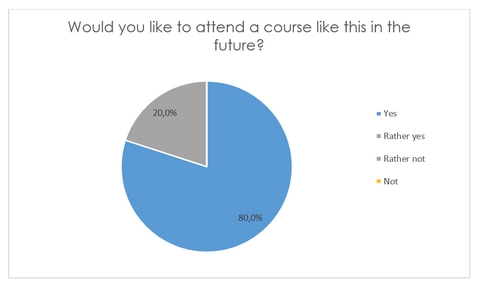PatientAdvocacy.Academy 2019
PatientAdvocacy.Academy – continuous improvement of competences
Public policy advocacy was 2019's topic. It is one of the most demanding and complex areas of activity of patient organizations. It was clearly visible in the results of our survey from the first edition of the Academy. Fields of activity related to policy advocacy were indicated as the most tough ones.
PatientAdvocacy.Academy – second edition
Participants had the chance to learn:
- how to prepare a detailed plan of a public policy campaign
- how to recruit powerful allies from different environments: politicians, celebrities, social media influencers and physicians.
- what the proper timing of such activities is: when to send official writings, when to start attracting media or announce a success
- how to engage themselves in longer advocacy processes
In the second edition, the course’s formula was a little bit different from the previous one. Taking into account the participant’s feedback, we decided to design a 14-day course with longer videos. So the overall time of the video material stayed the same, but we served it in a more condensed form. There were also 3 online video conferences – coaching circles – where participants exchanged their views and experiences on the current topics of the course in order to find solutions to their own obstacles. It was also a time to ask the trainer any questions.
The course was also complemented with a grant competition. It was an opportunity for PAG leaders to win an unrestricted donation for their activity.

Participants' assessment of the second edition
We conducted a survey among participants after the end of the course in order to assess their satisfaction levels..
The participants assessed the course very high – general evaluation was 9.6 (on a scale of 1 to 10). The technical aspect has been evaluated 9.0 while the usefulness of the information – 9.5.

Moreover, the participants were asked if they would like to attend a course like this in the future. 80% of them answered “Yes”, while 20% “Rather yes”. There were no other answers.

“The relevance and quality of the information is excellent. Also, it is good to have real life examples of how some of the theories worked. I particularly liked the modules on running a campaign and dealing with a crisis. The modules are very well thought out and presented very well.”
opinion from the survey
